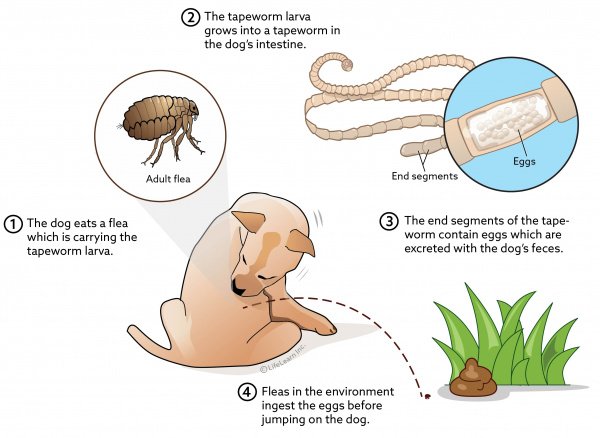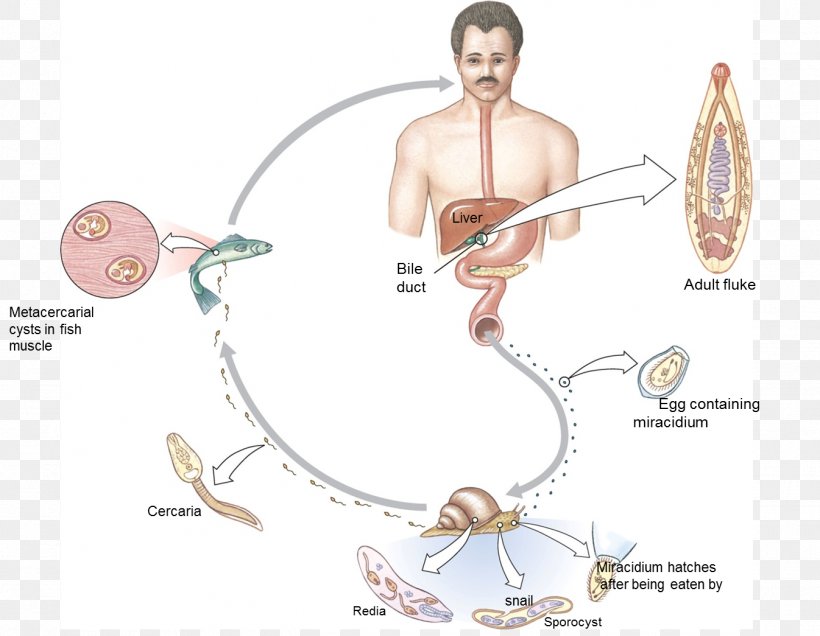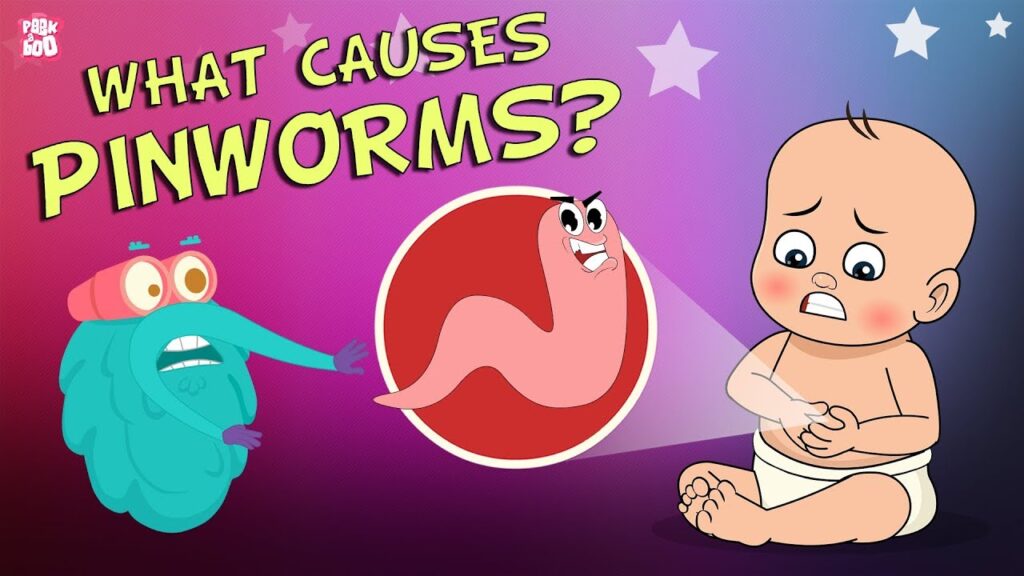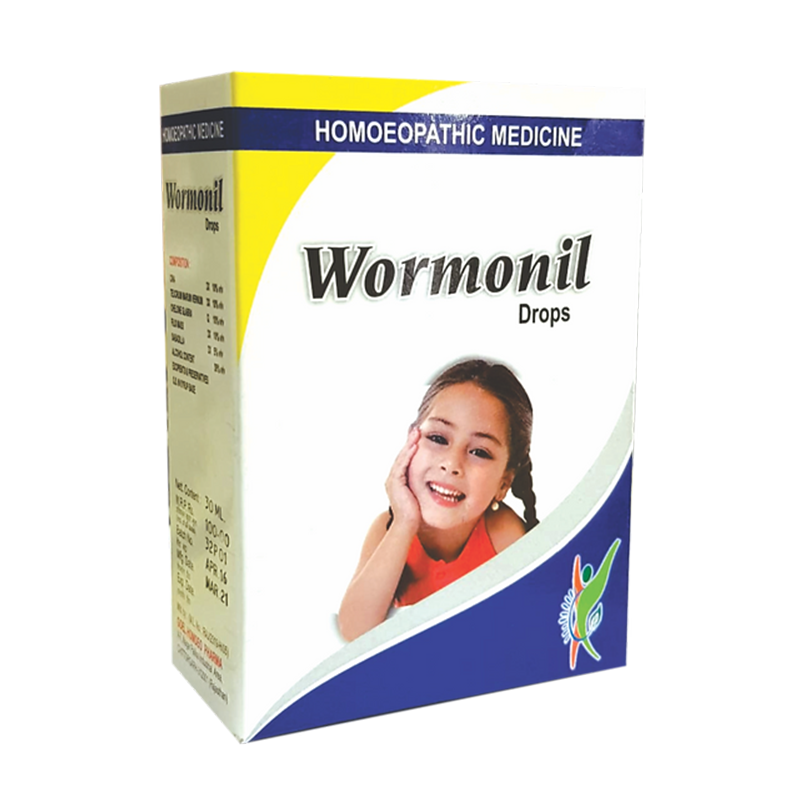
Worm infestation is common in children. Worms may be of many shapes and sizes, from microscopic “pinworms” to tape-worms” that are several feet long. Most of these worms live in the intestinal tract. Any of several types of worms may live in the human body as parasites (infestation), sometimes causing mild to severe illness.
Parasites are organisms that live in and feed off a living host. There are a variety of parasitic worms that can take up residence in humans. Among them are flatworms, thorny-headed worms, and roundworms.
The risk of parasitic infection is higher in rural or developing regions. The risk is great in places where food and drinking water may be contaminated and sanitation is poor.
Details are here below:


We get infected by a tapeworm, which is a type of flatworm, by drinking water contaminated with tapeworm eggs or larvae. Raw or undercooked meat is another way tapeworms can find their way into people.
Tapeworms embed their heads into the intestinal wall and remain there. From there, certain types of tapeworms can produce eggs that mature into larvae that migrate to other parts of the body.
A tapeworm looks like a long, white ribbon. They can grow up to 80 feet long and live in a human for up to 30 years.
Flukes are a type of flatworm. People are less likely than animals to contract flukes. Raw watercress and other freshwater plants are the main sources of flukes in humans. One can also get them when drink contaminated water.
They make their home in human intestines, blood, or tissues. There are many varieties of flukes.
Once inside the body, adult flukes occupy the bile ducts and liver.
Some people do not have any symptoms, but others may experience symptoms months or even years after first ingesting the parasite. These people may experience inflammation of the bile ducts or complete blockages. They may have an abnormally large liver or unusual readings on a liver test


Hookworms are transmitted through feces and contaminated soil. The most common way to make contact with this type of roundworm is to walk barefoot on soil infested with hookworm larvae. They can pierce through the skin.
Hookworms live in the small intestine, where they attach themselves to the intestinal wall with a “hook.” They’re usually long.
Pinworms are tiny, fairly harmless worms. They’re more common in children. These roundworms, when fully matured, live in the colon and rectum. The female lays eggs around the anus, usually during the night.
The eggs can survive on bedding, clothing, and other materials. People contract them when they touch the eggs and end up putting them in their mouths. They’re easily passed among children and caregivers or in institutions.
Ascariasis is similar to a hookworm, although it is only a few inches long. It lives in contaminated soil, so it only enters the body when people ingest the eggs. Inside the body, this worm lives in the intestines.
People with an ascariasis infection often show few to no symptoms. However, severe infections may cause intestinal blockages or impair growth in children.
Trichinosis roundworms are passed among animals. The most common way humans get trichinosis is by eating undercooked meat that contains the larvae. The larvae mature in your intestines and reproduce. On reaching their full size, the Trichinella worms may leave the intestines and live in other tissues, such as the muscles.

Common symptoms of intestinal worms are:
Some people may have intestinal worms for years without experiencing any symptoms.

Risk factors
Children are particularly susceptible to intestinal worms. That’s because they may play in environments with contaminated soil, such as sandboxes and school playgrounds. Older adults are also at increased risk due to weakened immune systems.
Diagnostic tests

HOMEOPATHIC MEDICINE FOR DEWORMING IN CHILDREN
WORMONIL DROPS (30ML)
WORMONIL DROPS is the best available Homeopathic Medicine for Deworming that Helps Children to treat all types of worms including Ascarides and Threadworms.
Wormonil Drops – Homeo Nest India
Homeonest India Pvt. Ltd.
Customer Care : 7060202088
Homeonest India Pvt. Ltd. is a trusted name in the pharmaceutical industry(Homeopathy). Homeopathic medicines or dilutions are Highly effective and safe to use for human,
We never spam!
Get updated on best offers and
information for your pet.
F-166, First Floor, Jata-Shankar
Apartments, C-Scheme, Jaipur,
Rajsthan – 302039, INDIA
Email : homeonestindia@gmail.com
Phone : +91-7060202088
127, Agarwal Complex, Sharda Road,
Meerut, U.P – 250002. INDIA
Email : info.homeonestindia@gmail.com
Phone : +91-7579400500
Homeopathic & Herbal Medicine Dismiss